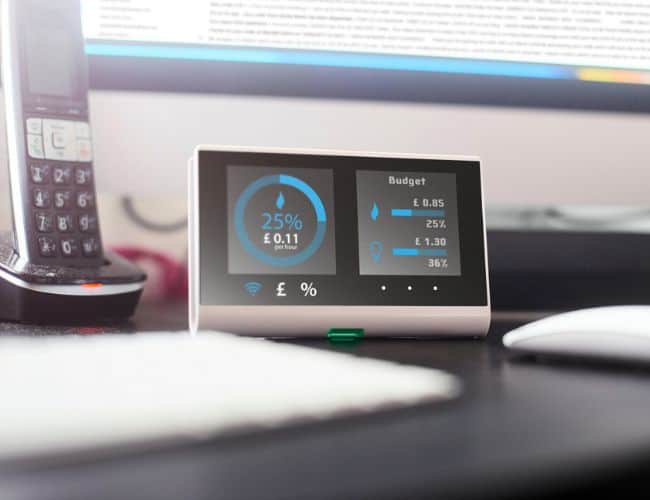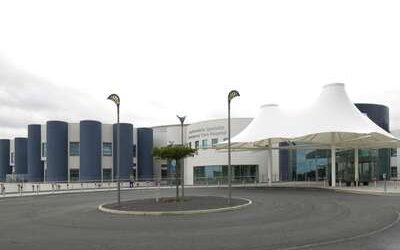The Benefits of Smart Buildings
How We Can Help
Smart building technologies provide a range of benefits for facilities managers and landlords, including improved energy efficiency, enhanced building safety, and improved tenant satisfaction. Before we look at the specific benefits of a smart building, it’s worth noting that we’ve been an integral part of creating smart buildings for over a decade.
Contact us for more information about how we could support your smart building project.
Energy Efficient
One of the key benefits of smart buildings is improved energy efficiency. With real-time data and analytics, facilities managers can monitor and control building systems, such as heating and cooling, lighting, and security, from a central location. This allows you to make informed decisions about energy usage and adjust as needed to reduce energy waste. For example, smart lighting systems can automatically adjust the brightness and colour temperature of lights to improve visibility and reduce eye strain, while smart HVAC systems can provide improved air quality and temperature control.

Safety and Comfort
Another benefit is enhanced comfort and safety for building occupants. For example, intelligent buildings can automatically adjust the temperature and lighting based on occupancy patterns and time of day, creating a more comfortable and productive environment for occupants. Additionally, smart security systems can detect and alert you to potential security threats and hazards, helping to keep building occupants safe and secure.

Better Building Management
Smart buildings also provide significant benefits for building management. The integration of building systems into a single, unified control system streamlines building management, making it easier to monitor and control building operations. Our Hydra connected building platform, can bring all of your intelligent building controls together on one screen.
Additionally, smart building technology provides real-time data and analytics, allowing you to make informed decisions about building operations, such as energy usage, occupancy patterns, and maintenance needs. This can help you to reduce operational costs, improve building performance, and make more efficient use of your time and resources.

Satisfied Tenants
Building occupants expect modern, high-tech environments that offer comfort, safety, and convenience. By providing these features, smart buildings can attract and retain tenants, which can result in increased rental income and property values.

Cost savings
Smart buildings also provide opportunities for cost savings. By reducing energy usage and streamlining building management, smart buildings can help to reduce operational costs and increase the bottom line. Additionally, smart building technology can help to improve building performance and reduce maintenance costs, by providing real-time data and analytics to identify potential issues before they become major problems.
As a facilities manager, it’s important to consider these benefits when making decisions about building technology and to work with an effective master systems integrator to create a smart building that meets your specific needs and goals.





